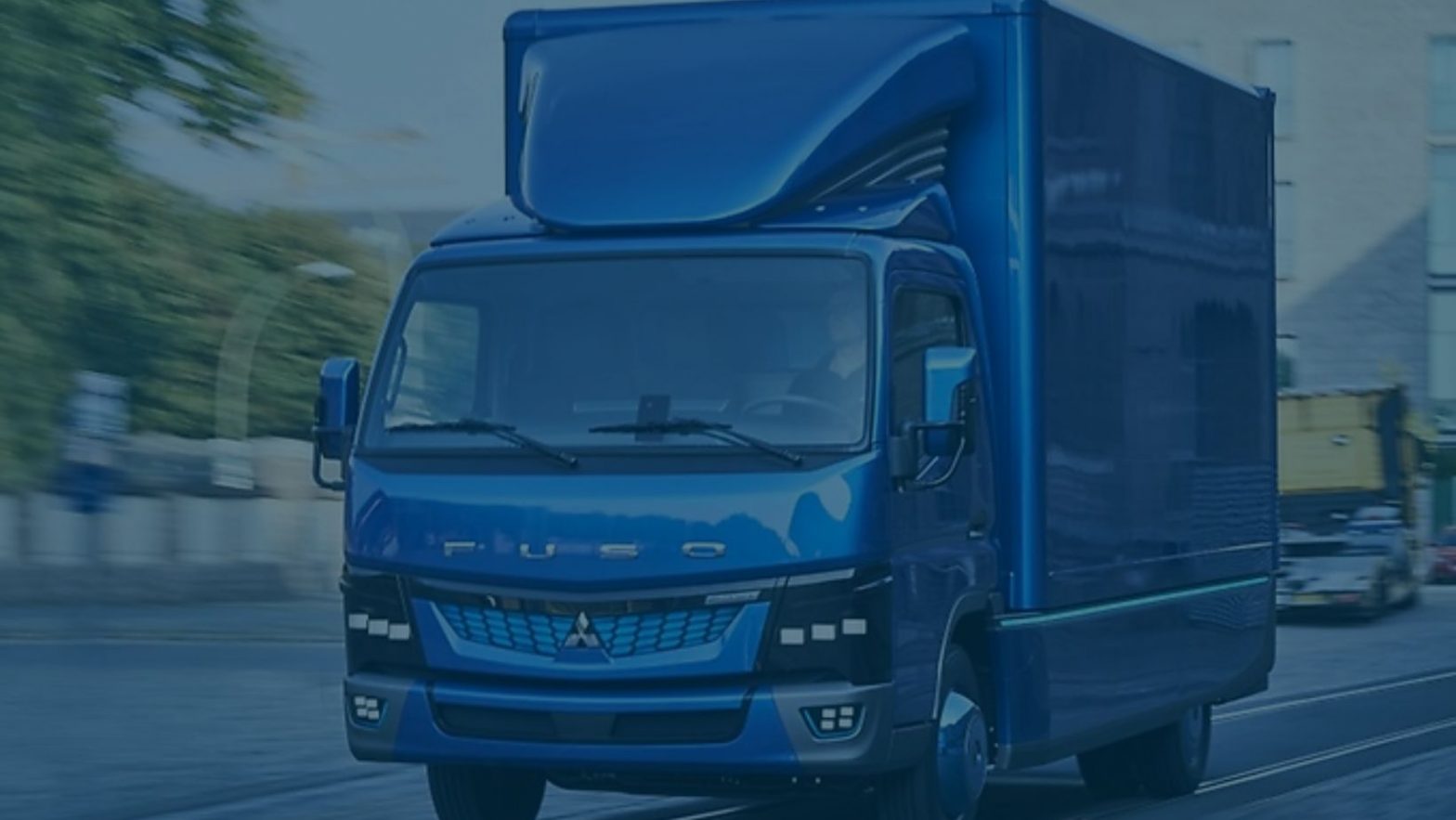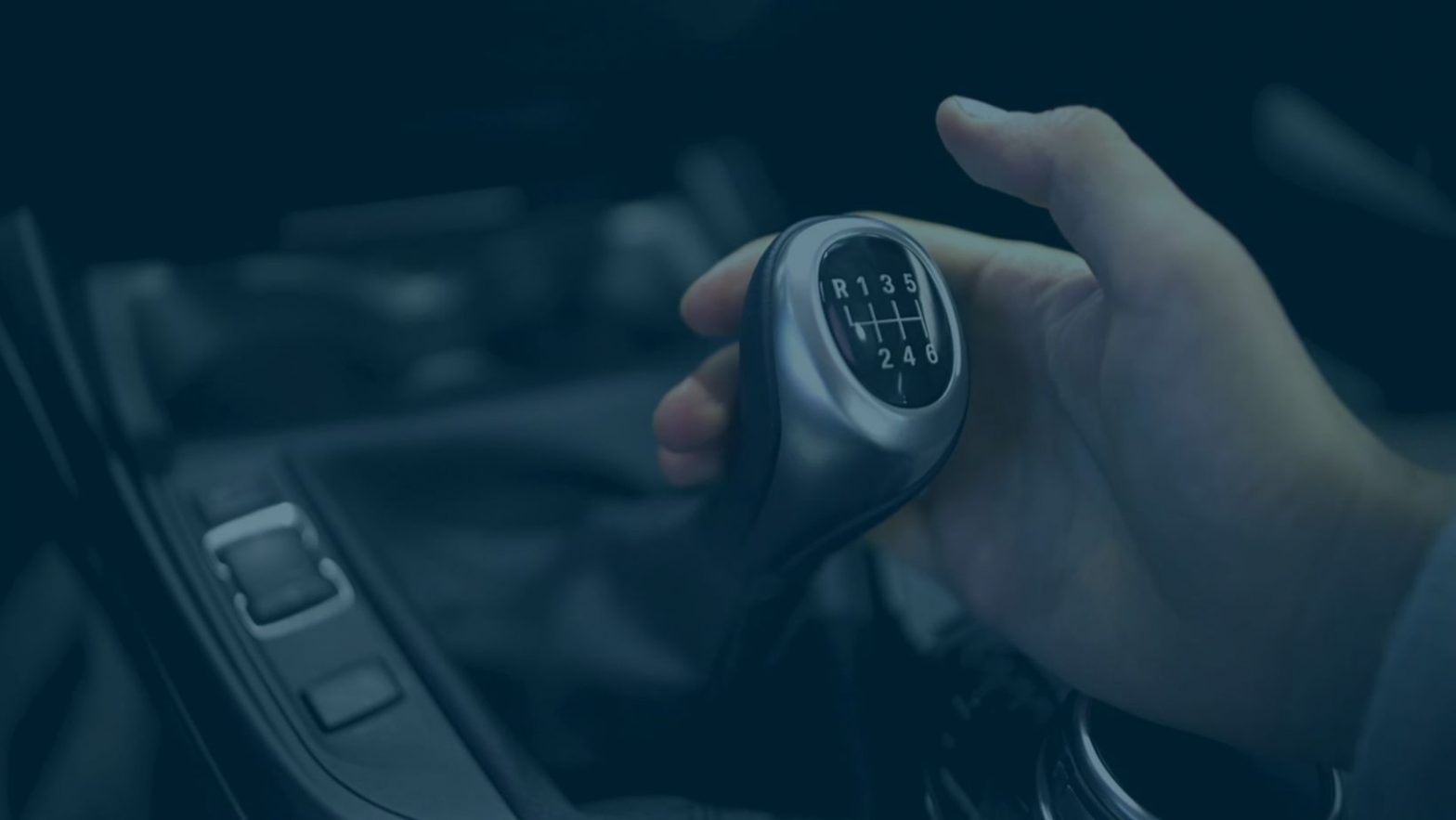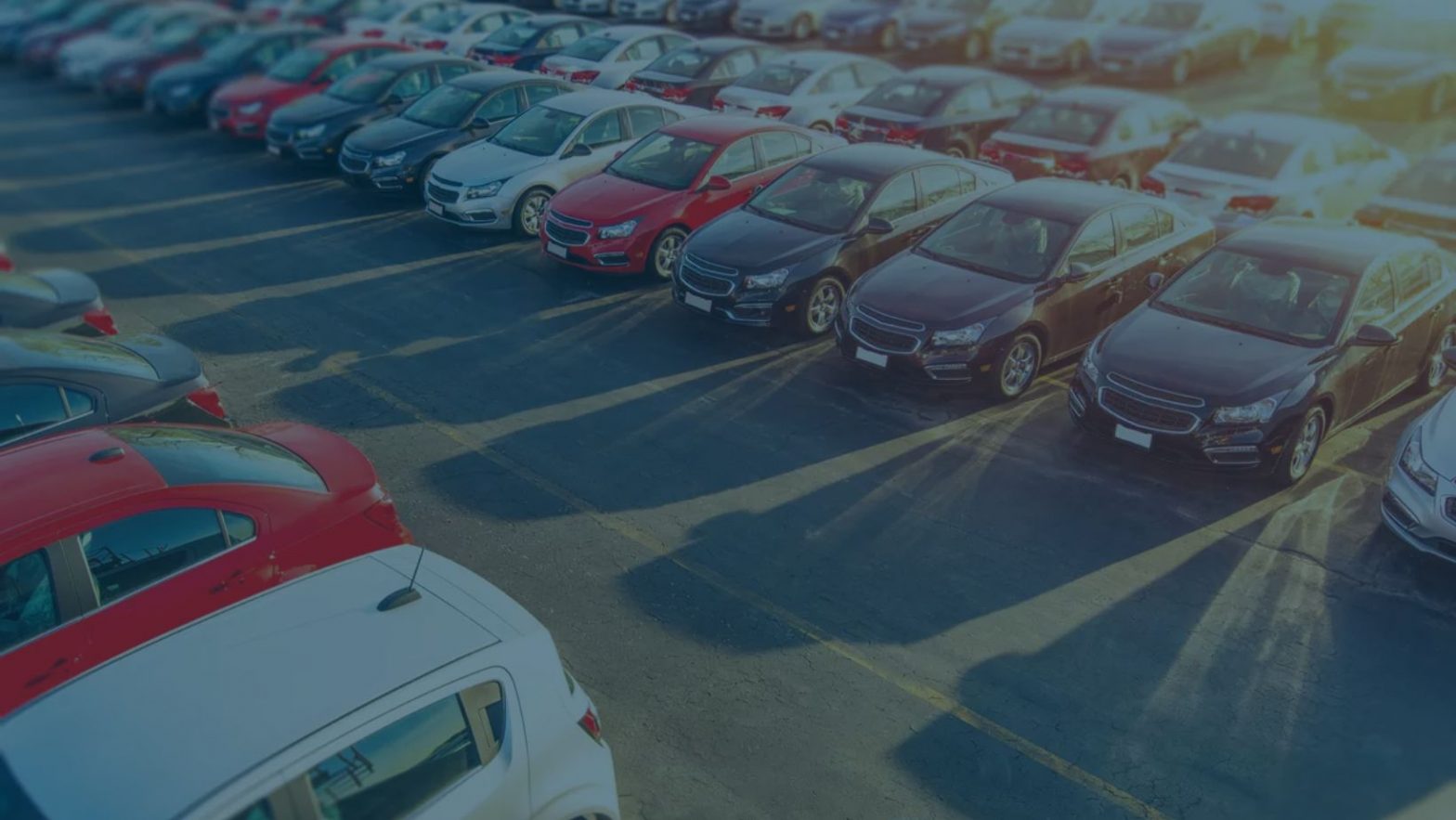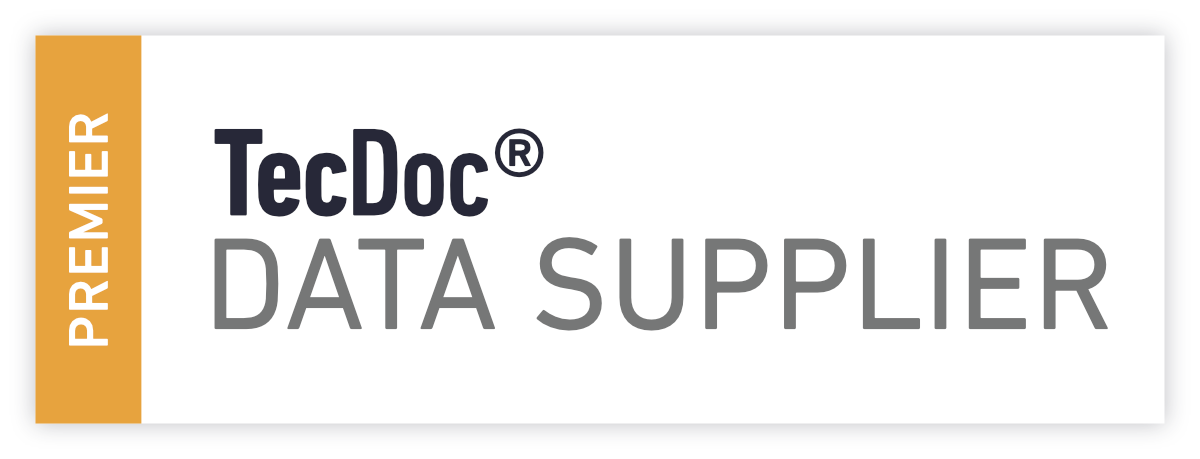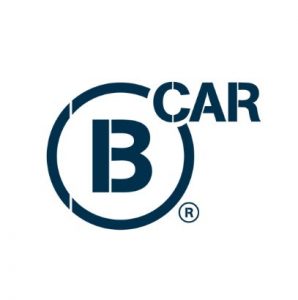
ANCERA’s reaction to the European Commission’s Data Act
We live in the age of hyperconnectivity. Virtually the entire population carries in their pockets a device capable of connecting with any part of the world. It is not only phones that allow us this hyper-connectivity with the world, but also smartwatches, TVs and even our cars.
Automotive hyperconnectivity is here to stay. It is estimated that there are a total of 400 million connected cars in the world. Virtually 100% of new cars are connected, and that figure is set to rise as the industry modernizes.
But are we prepared for this new scenario? What legal coverage do we have for the information generated by our vehicles about our driving behavior, and can brands have free access to this information?
The European Commission’s Data Law
Following the publication of the European Commission’s Data Law, ANCERA (the National Association of Automotive Repairers) has stated that, although it welcomes the principles and provisions of this law, “sectoral legislation is needed to translate them into the application of specific measures adapted to the automotive aftermarket”.
The European Commission has put forward this proposal for a law to end the exclusivity of manufacturers and liberalize access to user data. This news has been warmly welcomed by industry associations across Europe.
In this new Data Law, users will be able to freely access data generated during the use of their connected products and share it with third parties. This opens the possibility for drivers to request their data from vehicle manufacturers to be shared with independent workshops, which will ensure free competition in the market.
The law explicitly includes after-sales repair and maintenance services and access to diagnostic information. It establishes the manufacturer’s obligation to make the data transparent and “easily accessible” to the user, among other aspects.
For Carlos Martín (ANCERA’s secretary general), the future Data Law “would be a first step towards guaranteeing the user’s ability to choose their data and the supplier that manages it”. He also considers it “very positive” that the regulation “contemplates repair, maintenance and after-sales services in general”, although he advocates continuing to work “on a specific regulation for vehicles that has specific provisions that safeguard and guarantee free and fair competition in terms of connectivity”.
Need for specific legislation
ANCERA is aware that, although this law is a first step, there is still a long way to go. “We need to have access to data from the beginning to be able to develop services and have the same opportunities as the manufacturer. The Data Act is horizontal legislation and would apply to all industry sectors. Sector-specific rules are needed so that vehicle users can effectively exercise their right of access to the data generated by the use of their vehicles,” reflects the employers’ organization.
Specifically, ANCERA has formulated some improvements that should be incorporated into the Data Act
- Detailed transparency to independent service providers about the full range of data
- Functions and resources and how to access them to develop alternative services and to give effect to consumers’ right to access and portability of their data.
- A standardized data set for multi-brand services and an access authorization system.
- Limited and real costs.
- Define the control of data use and the relationship between the manufacturer and the independent service provider;
- Allow free user choice to install or uninstall applications.
Despite all this, ANCERA applauds the regulation and believes that it “goes in the right direction and highlights all the work that has been done in defense of the sector“.
